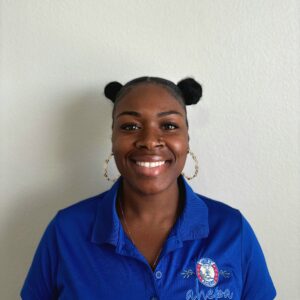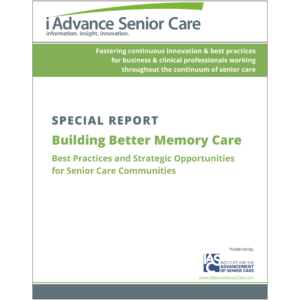Is a liquor license key to attracting boomers?
Golf courses, putting greens, strolling paths that meander through natural habitats, fitness/spa facilities and a host of other features are designed to attract “younger” seniors, encouraging them to downsize and relocate in a hospitality environment with health services. In addition to shopping, banking and salons, this new generation of seniors also want a place of socialization and libation. In other words, a pub experience.
Your new senior living prospects are a different and more demanding breed than any generation that came before. If they can be persuaded to recognize the advantages and security of senior communities, they won’t be satisfied or lured by the same properties where their parents now live. They want more. New communities are being built and older retirement properties are undergoing renovation to meet that demand. But as it’s said, “Beauty’s only skin deep.” You have to offer what people want.
Senior campuses with pub service do exist, and others are planning to add a cocktail lounge with beer, wine and alcohol service on their list of amenities. A recent article in Forbes noted that Massachusetts has given initial approval for municipalities to issue liquor licenses to these communities.
But, as the article points out, there are pros and cons to becoming the corner pub. Health issues are, of course, of primary concern. Even strong, independent seniors need to be cautious about alcohol intake. Health issues such as medications and conditions such as high blood pressure might not be compatible with a cocktail at dinner. And those are just a few considerations.
It’s a difficult decision for a senior living organization to make. Boomers grew up with keg parties and two-martini lunches. Can they be denied a lifelong social outlet because they chose to live in a retirement community?
There’s a whole range of considerations for the facility that does introduce a bar into its list of amenities. Will it be a profit center? Will you need to hire an experienced bartender? What beverages will you stock? Will food or appetizers be part of the venue?
Those are just of few of the considerations. I’m interested in hearing from both wet and dry communities on this subject. Send me your thoughts and/or experiences on having more than a generic community “happy hour,” but an actual social destination to shoban@iadvanceseniorcare.com.

Sandra Hoban was on I Advance Senior Care / Long-Term Living’s editorial staff for 17 years. She is one of the country’s longest-serving senior care journalists. Before joining Long-Term Living, she was a member of the promotions department at Advanstar Communications. In addition to her editorial experience, Sandi has served past roles in print and broadcast advertising as a traffic and talent coordinator.
Related Articles
Topics: Activities , Design , Executive Leadership , Facility management , Operations











